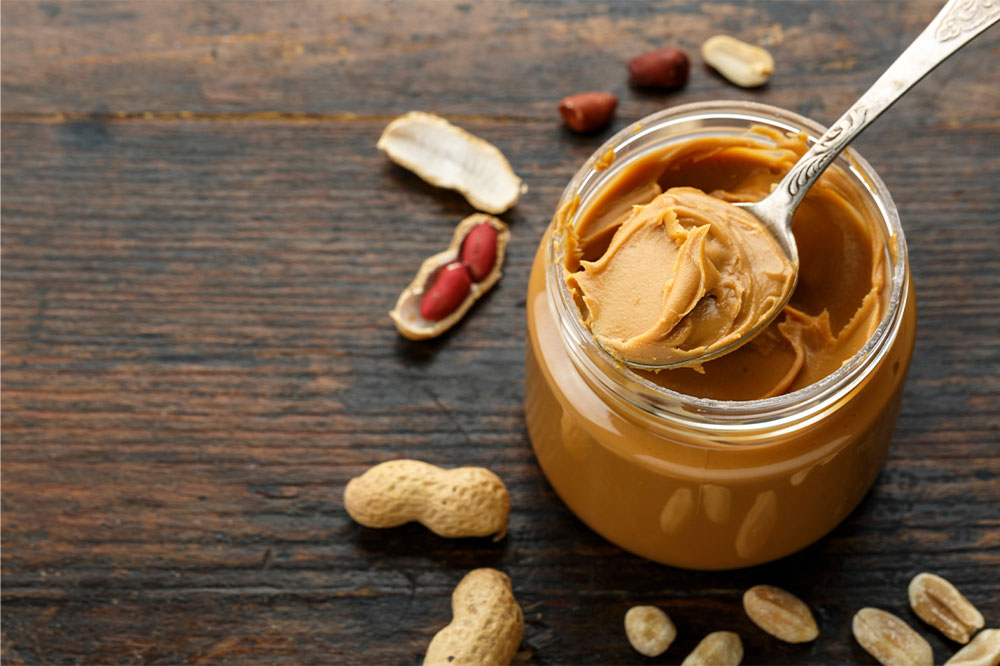Comprehensive Guide to Nutritious Homemade and Store-Bought Dog Meals for Optimal Health
Discover the benefits of nutritious homemade and store-bought dog meals with our comprehensive guide. Learn about ideal ingredients, recipes, and tips to keep your furry friend healthy, energized, and happy. Whether you prefer preparing meals at home or choosing quality commercial options, this article provides valuable insights for pet owners seeking to maximize their dog’s wellbeing through proper nutrition.

Boost Your Dog’s Wellbeing with Balanced, Delicious Nutrition
Ensuring your canine friend receives proper nutrition is fundamental to maintaining their health, happiness, and longevity. A well-balanced diet supports your dog's immune system, keeps their coat shiny, and promotes overall vitality. Because dogs are naturally omnivorous to some extent, providing them with a variety of nutrient-rich foods is essential. Striking the right balance in their diet can sometimes be complex, especially with a plethora of options available. While homemade dog food has gained popularity for its freshness and control over ingredients, it’s important to understand how to prepare nutritionally complete meals that fulfill all their dietary requirements.
Understanding your dog’s dietary needs is key. Dogs require adequate calcium for strong bones, high-quality protein for muscle development, and a mix of vegetables for essential vitamins and minerals. When choosing or preparing meals for your pet, it’s important to consider their age, breed, activity level, and any health issues. Here are some comprehensive ideas and tips for creating healthy, delicious meals for your beloved dog:
When preparing homemade dog food, selecting ingredients that meet your dog’s specific nutritional needs is vital. For example, a wholesome beef stew for dogs can be made with tender cooked beef, potatoes, sweet potatoes, carrots, and a little flour and olive oil to thicken the mixture. This meal offers rich protein and essential vitamins, supporting muscle maintenance and immune health. Be sure to let the meal cool sufficiently before serving to prevent any risk of burns. Raw diets, which include shredded chicken, turkey, or lamb mixed with vegetables and supplemented with bone meal or fish oil, are popular among pet owners seeking natural options. These diets mimic what dogs might eat in the wild and can promote clean teeth and healthy digestion. Another nutritious option is a homemade meatloaf combining ground meat, cottage cheese, eggs, vegetables, and oats—baked to create a flavorful, protein-packed meal that's easy to serve.
Beyond main meals, treats play a significant role in reinforcing good behavior and strengthening your bond. Homemade treats are simple to make and customizable to your dog’s preferences. For instance, you can prepare biscuits using whole wheat flour, chicken broth, eggs, and flavorings like cheese or bits of bacon. Bake these until they’re golden brown and crispy for an ideal reward. Another nutritious treat involves blending potatoes, cooked meats, vegetables, and fruit pulp, then drying the mixture thoroughly to produce healthy, long-lasting snacks. These homemade options are free from preservatives and artificial additives found in many store-bought treats, making them safer and healthier. Remember, treats should complement a balanced diet and not replace regular meals.
While cooking homemade meals ensures you know exactly what ingredients your dog consumes, busy pet owners might prefer the convenience of commercial dog foods. Fortunately, many premium brands now offer complete and balanced options formulated to meet nutritional standards set by veterinary nutritionists. When selecting store-bought dog foods, always check ingredient labels for high-quality protein sources, minimal fillers, and added nutrients. Consulting your veterinarian can help you choose the best product tailored to your dog’s age, health status, and lifestyle. Transitioning gradually from homemade to commercial food—or vice versa—can help prevent digestive upset and ensure your pet adapts comfortably. Ultimately, combining homemade recipes with high-quality commercial options can provide the variety and balance necessary for your dog’s optimal health.
**




